United Palace Theatre
One of the last Jazz Age "Wonder Theaters" in New York City.
The Wonder Theatres were five giant, lavish movie palaces that opened around New York City in 1929 and 1930. While cinemas were plentiful at the time, the Wonder Theatres were a cut above the rest. Built as Loew’s flagship theatres, the opulent venues were designed with all the fabulousness of the Jazz Age, and went on to provide an escape into the fantasy of Hollywood and luxury throughout the Great Depression and Second World War.
The last of the Wonder Theatres to open was the Loew’s 175th Street Theatre, today known as the United Palace Theater. It debuted on February 22, 1930, with showings of the films Their Own Desire and Pearls and vaudeville performances starring Al Shaw and Sam Lee. The theater is a sight to behold. The lavish interior, much of which is filigreed, features authentic Louis XV and XVI furnishings and ornate chandeliers, while the blocky exterior is reminiscent of Mayan architecture. Its eclectic architectural style, designed by Thomas W. Lamb, was described by The New York Times as “Byzantine-Romanesque-Indo-Hindu-Sino-Moorish-Persian-Eclectic-Rococo-Deco” and a “kitchen sink masterpiece.” With more than 3,000 seats, it is still the fourth largest venue of its kind in Manhattan.
Movie palaces eventually fell out of vogue, however, and the grand Wonder Theatres fell into decline and abandon in the late 60s and through the 70s. Today, two of the theaters (the Jersey Theatre in Jersey City and Kings Theatre in Brooklyn) still serve as cinemas and performance venues. Another two (the Paradise Theatre in the Bronx and Valencia Theatre in Queens) became churches. The United Palace Theater, located in upper Manhattan’s Washington Heights, found a second life as a unique mix of both.
Soon after Loew’s closed the venue in 1969 (the last film shown was 2001: A Space Odyssey) it was purchased by televangelist preacher Reverend Frederick J. Eikerenkoetter II, aka “Reverend Ike.” He renamed it the Palace Cathedral, though it became known as “Reverend Ike’s Prayer Tower.”
The restorations included fixing the “Wonder Morton” pipe organ, a feature of all of the Wonder Theatres, which had gone unused for 25 years. (It has since fallen out of use again due to water damage.) Reverend Ike made only one significant change to the structure, adding a cupola to the northeast corner of the building, topped with a “Miracle Star of Faith” that is visible from New Jersey.
The former Wonder Theatre still functions as a church, as well as a movie house with a 50-foot screen, and a performance venue that has brought in acts as diverse as Adele, Bob Dylan, Iggy Pop, and the Berlin Philharmonic. It also serves as a cultural and community arts center, opened by Reverend Ike’s son Xavier Eikerenkoetter, who now oversees operations of the historic venue.


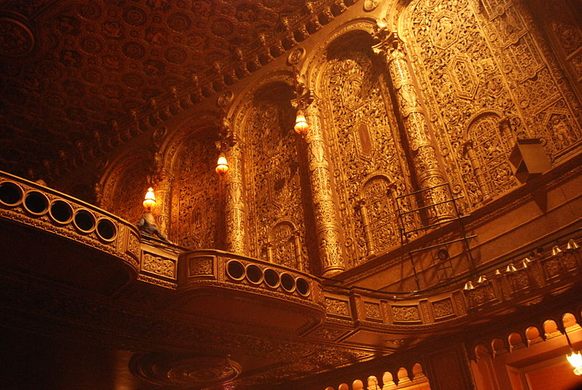


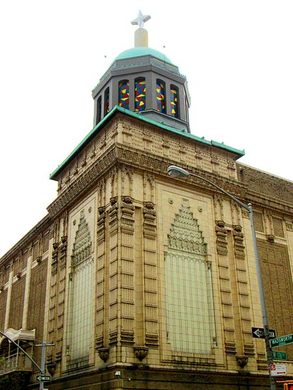

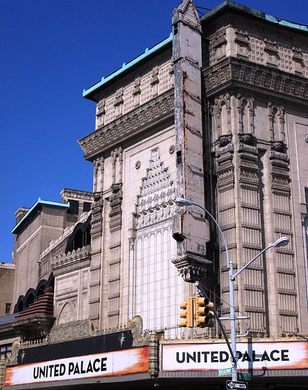
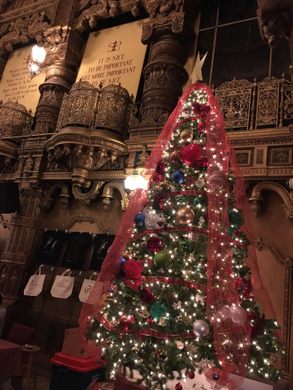
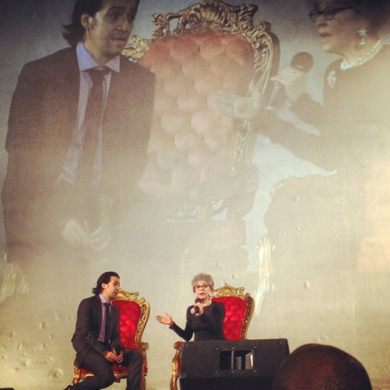
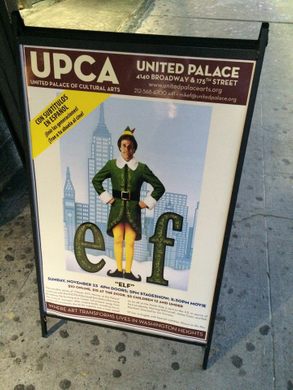
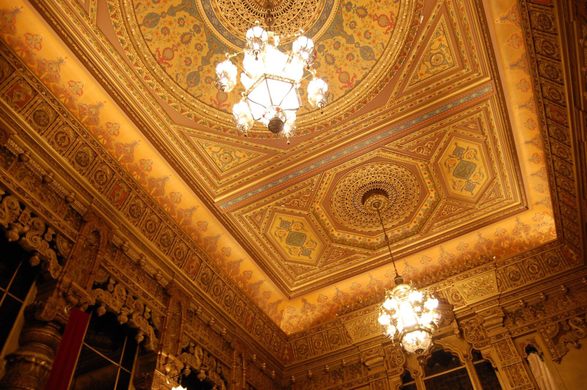
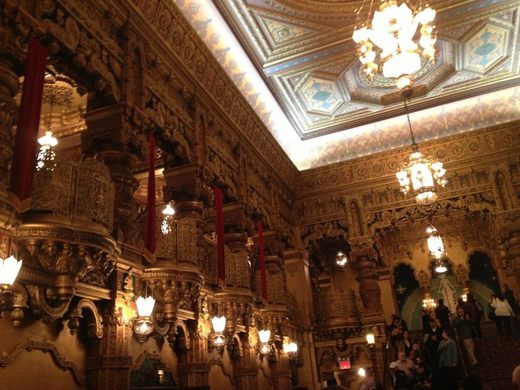
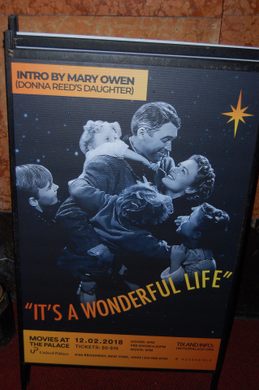
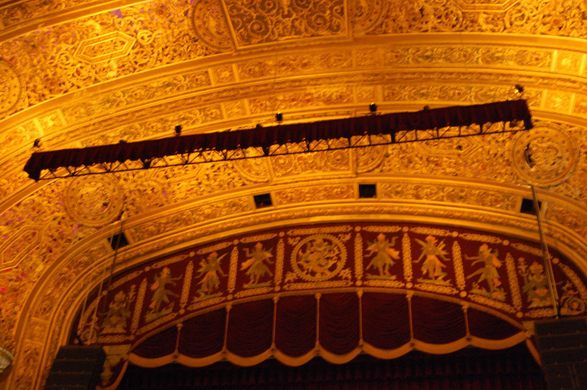
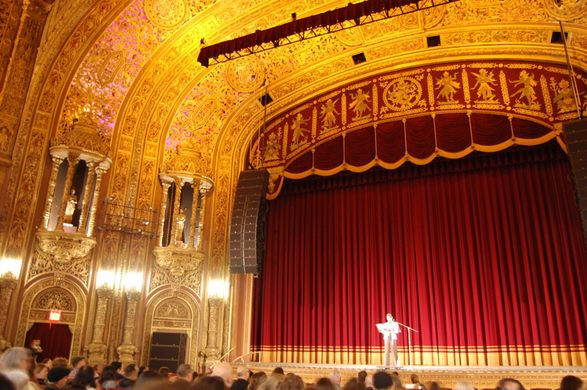
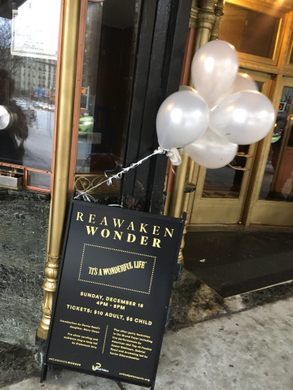










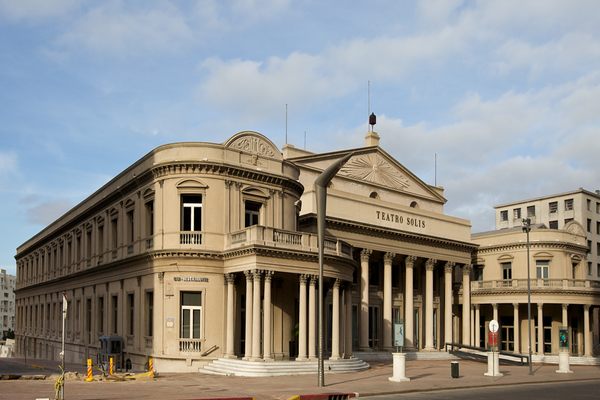


Follow us on Twitter to get the latest on the world's hidden wonders.
Like us on Facebook to get the latest on the world's hidden wonders.
Follow us on Twitter Like us on Facebook